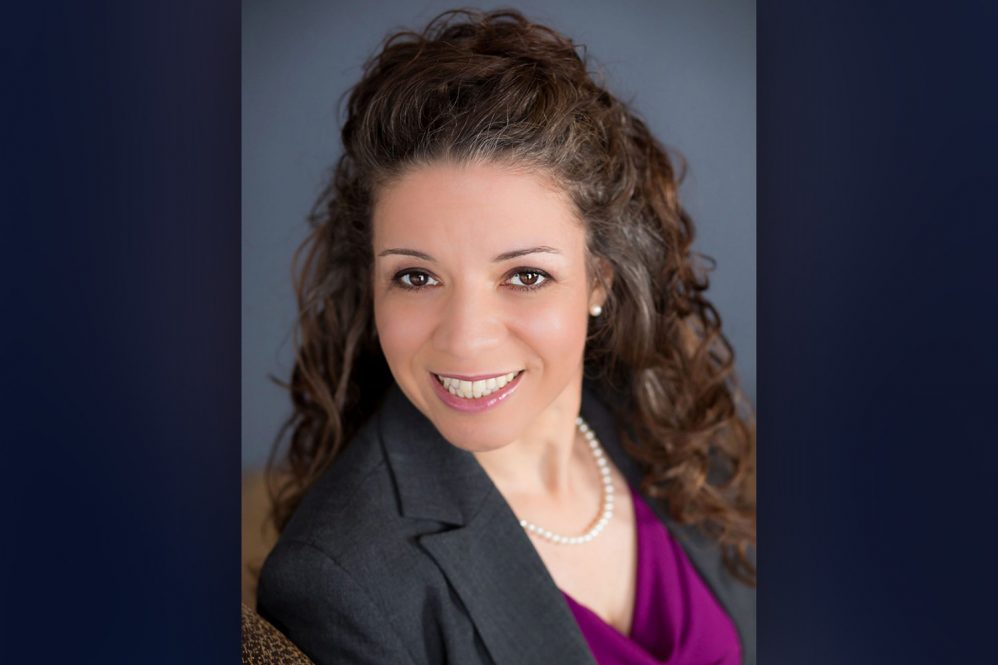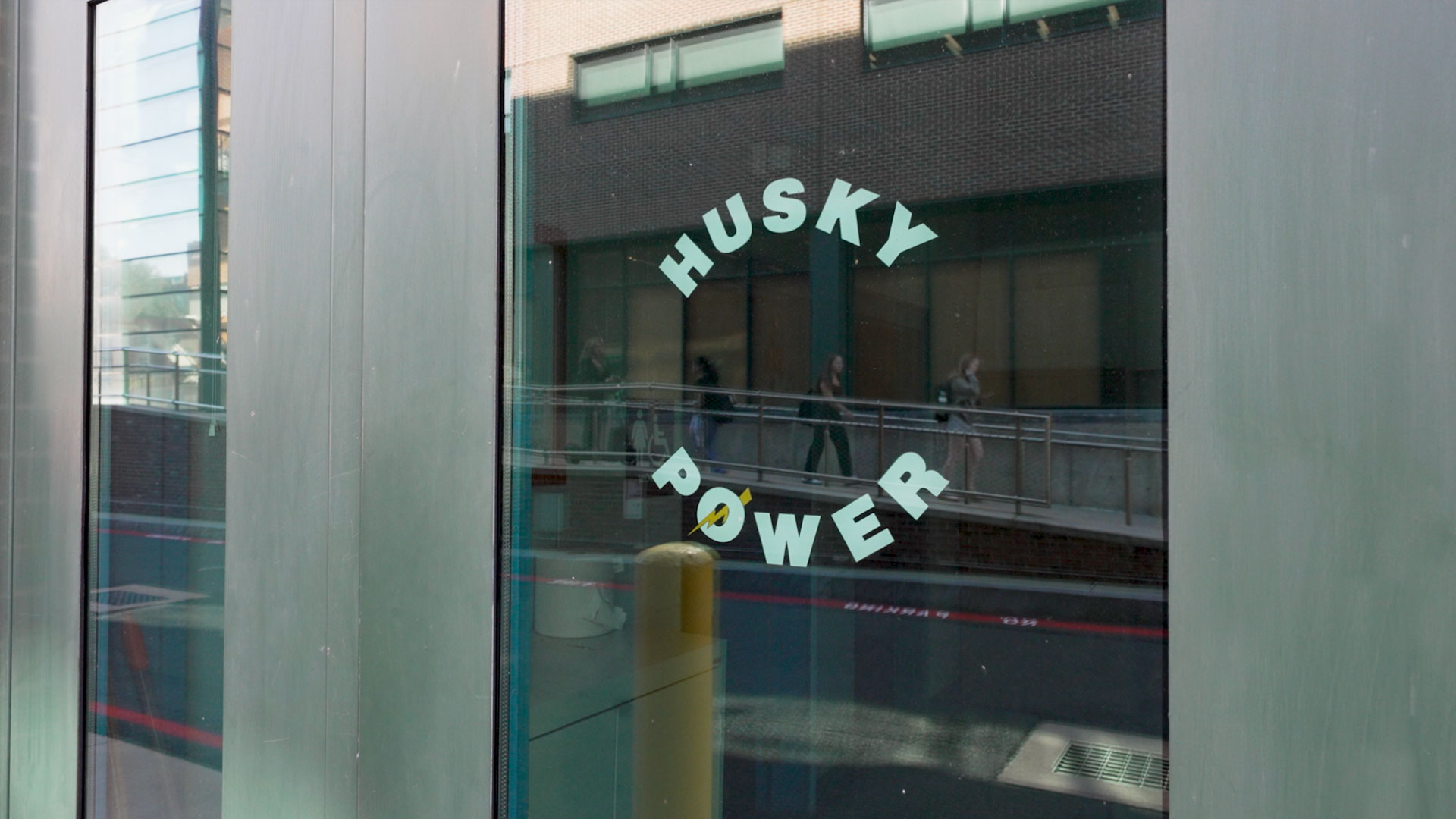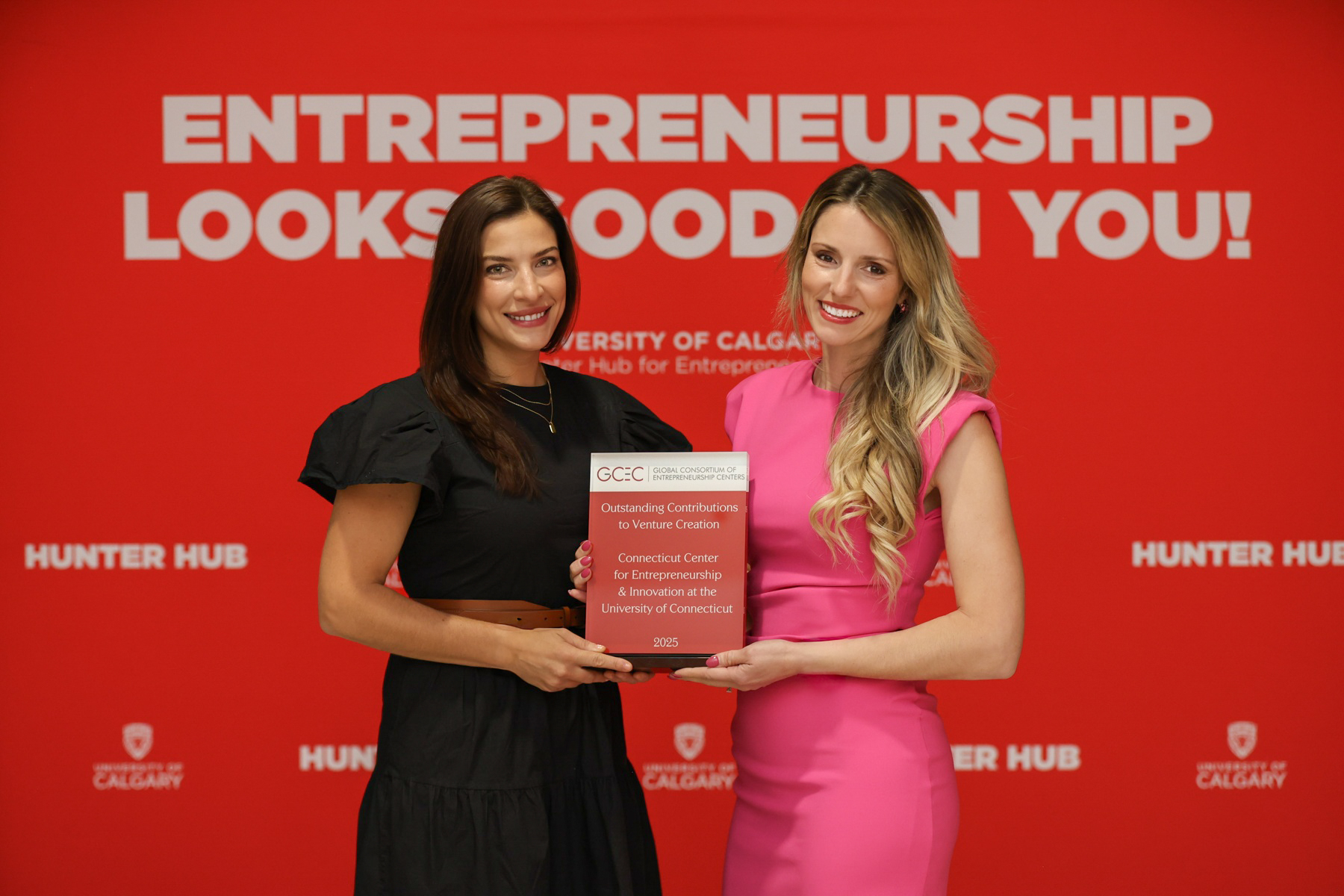How long have you been at UConn?
I’ve been at UConn since 2001. I went through the ranks of assistant, associate, and full professor in the Department of Political Science — I was a joint hire with what at the time was called the African American Studies Institute, and this was my first job out of graduate school. I defended my dissertation that summer and started in August 2001.
What has changed at UConn and in your areas of study since you started?
A lot! Africana Studies has grown significantly. When I started, I was one of two African American women with joint appointments. It was just me and Dr. Michelle Williams, who is now Chief of Staff to the President. At that time, she was going up for tenure. I was the second woman in Africana Studies.
How many Africana Studies faculty were there when you started versus now?
Back then we could fit in a small conference room. Now, we’ve grown so much we meet in the Dean’s conference room. We had about six faculty then; now it’s tripled to about 15 core faculty, which is large compared to other programs in the field. We represent both the humanities and social sciences and offer a breadth of courses across many disciplines—fine arts, history, sociology, psychology, political science, English, and more. We each mentor graduate students through our home departments.
Why do you think it’s important for students outside of Africana Studies to take your courses?
It adds value to understanding politics and society. I teach African American politics, which overlaps a lot with the study of U.S. politics generally. You can’t discuss U.S. politics without talking about race, voter suppression, and identity right now. Similarly, you can’t talk about health or medicine, the psychological sciences, law or the criminal justice system, without talking about racial disparities.
I love teaching Black Leadership and Civil Rights. It covers figures like Thurgood Marshall, Fannie Lou Hamer, and John Lewis, as well as events like the March on Washington.
Can you tell us a bit about your research?
I focus on African American women and the intersection between race and gender, and how, in terms of campaigns and elections, specific historic candidates sort of capitalize on their “otherness” to catapult their campaign and appeal to a diverse group of voters. We see this with Kamala Harris—she’s the first South Asian woman, and the first Black woman to secure the Democratic nomination, and she stands to secure the U.S. presidency.
And so, I focus on the nuts and bolts of campaigns and how historic first candidates manage to be successful despite adversity or the odds against them due to identity politics. My first book focused on presidential candidates like Shirley Chisholm, Barack Obama, and Hillary Clinton, and the challenges they faced. It took a pioneer cohort of what I call “losers” to create the opportunity to leave the door ajar, if you will, for future victories.
This idea comes across in Kamala Harris’s acceptance speech when she accepted the Democratic nomination for VP back in 2020. She paid homage to those whose shoulders she stood upon. And you got this from Hillary Clinton’s speech at this year’s Democratic National Convention, where she talked about those cracks in the glass ceiling that created an opportunity for Kamala Harris to stand where she is today.
I do feel that I have no choice but to turn my attention to writing a piece on Kamala Harris in this particular election!
What do you think are some of the exciting areas of research in Africana Studies across different disciplines?
Honestly, the focus on women and girls seems to be a common thread. Upon assuming the role of interim, it became clear to me, which explains why we held the Summer Institute on Women and Girls of Color this past August. Both our core faculty and affiliates focus on this topic.
Can you tell me more about the Summer Institute?
The Summer Institute on Women and Girls of Color came from a national initiative that began at the White House. We joined along with many other universities and colleges across the country, committing to advancing research on the study of women and girls of color. We hosted over 20 fellows for five days of intensive workshops and presentations. We had faculty from a wide range of disciplines, including education, psychology, human development and family sciences, and nutritional sciences. There were both senior scholars and younger, up-and-coming researchers who joined us, which made for an interesting dynamic. I likened it to Oprah Winfrey’s event where she honored both legends and young achievers, and it was inspiring to see such collaboration.
What other goals do you have for Africana Studies?
One of my main goals is to raise the profile of the Africana Studies Institute, not just on campus, but nationally. The Summer Institute was a huge step in that direction, drawing scholars from peer and aspirant institutions like Ohio State, the University of Maryland, and Georgetown University. Another goal is to offer our Africana Studies majors a full experience, including access to internships, study abroad, and research opportunities. I want our students to be as competitive on the job market or for professional and graduate schools as students from any other discipline.
What can you do with a degree in Africana Studies?
People often ask that. You can just look at our pipeline. Our students are going to top graduate programs and professional schools—Yale Law School, Johns Hopkins for public health, and the University of Michigan for political science, to name a few. Our graduates are highly competitive on the job market and in graduate and professional schools.
What do you think people should know about the Africana Studies Institute?
We have a group of first-rate, dedicated faculty who are invested in the success of our students and are offering top-quality instruction and mentorship. We’re legendary in our own right.
What’s your favorite spot on campus?
That’s easy—the Dairy Bar! Ice cream is my kryptonite, and I love Husky Tracks, but I’ve been told there’s a new salted caramel flavor that I need to try, and it might just become my new favorite.
This Q&A is part of CLAS Visionary Voices, a series highlighting the College’s new academic leaders and their innovative visions for education, research, and outreach at UConn.



